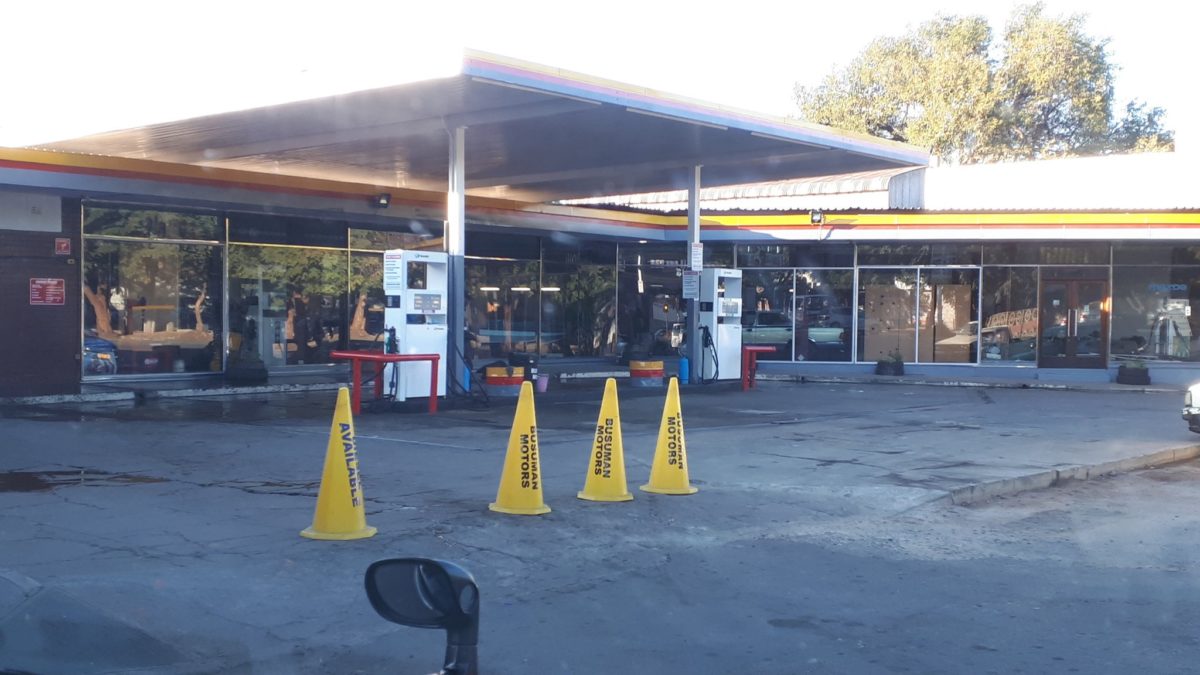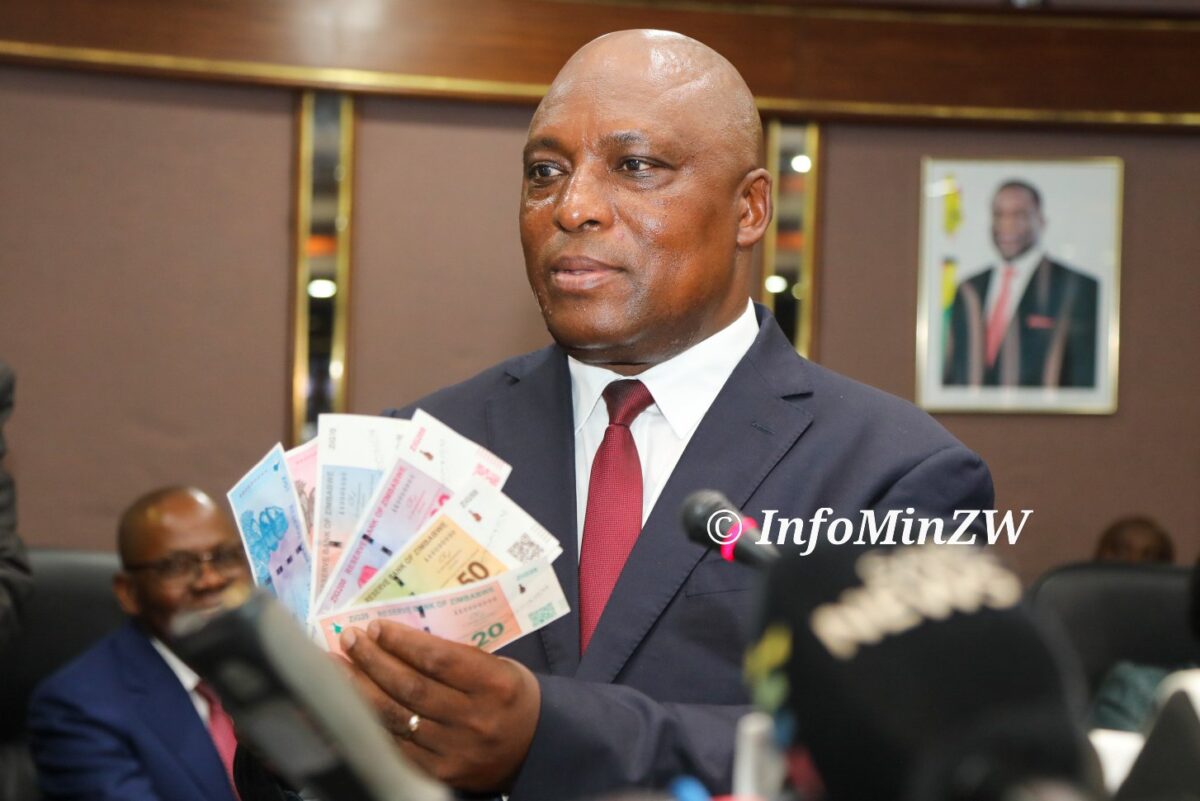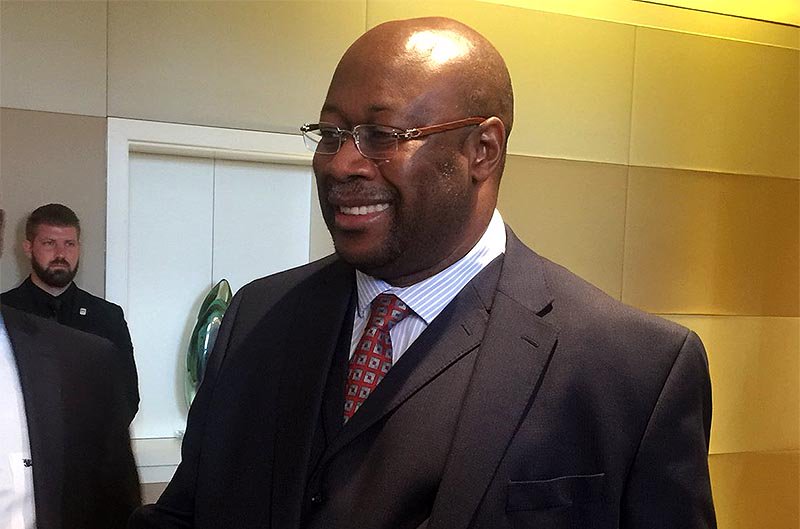HARARE – Hours after Zimbabwe abolished the multi-currency system and announced the return of the Zimbabwe dollar on June 24, economist Eddie Cross spoke to the SABC about the move, warning it had potential to destabilise the country.
He had met Finance Minister Mthuli Ncube for two hours just a day earlier, and told of his complete surprise about the currency move announced 24 hours later:
“It came as a complete bolt out of the blue, nobody was expecting this. For those of us who’re in the game, we think its premature. We think that a move like this shouldn’t have been taken outside the context of a wide range of other measures designed to stabilise the economy and the rate of exchange at this moment in time. This measure taken in what sees to be an awful hurry will simply add to our woes and maybe destabilise the country.
People are uncertain about what exactly is going to happen to the local currency. We have two forms of currency, an electronic currency which governs 90 percent of all transactions (RTGS) and then we have a local paper currency, the bond note, which is only available in $5 and $2 denominations. The problem with this situation is that a great deal of our trade is now done in hard currencies, for example there are some service stations that are only serving fuel in hard currency. They buy their fuel in hard currency, they sell their fuel in hard currency. Many firms I think tomorrow will be closed because they simply don’t know what basis in which to trade or price anything in their shops.
The other problem is that the RTGS dollar has been devaluing very rapidly in the last few weeks. Over the weekend it was reported to have reached 17:1 and when you think that the same currency last year was trading 1:1 or in the parallel market 3:1 against the US dollar, you will understand that has a dramatic impact on domestic pricing. Most people today can’t afford bread, they can’t afford the basics.
I personally had a meeting with the minister (of finance) yesterday, in fact I met him for about two hours. Mthuli Ncube is a highly intelligent guy, and an outstanding economist with an international reputation. He knows what to do, but the problem is he doesn’t have any political constituency here so he’s very much at the mercy of the political structures within which he has to work for approval to do this or that. It seems to me the governor of the Reserve Bank has taken this measure a little bit out of context, and I think he would have to put that right. I would not be surprised if this measure is put on hold while we sort out the other issues which are involved at this moment in time.
The currency is changing value on a daily basis, some will say hourly basis. This has to be stopped. There’s no fundamental economic reason for this because our macro-economic fundamentals are now sound – we’ve a balance of payments surplus, we’ve a fiscal surplus. So this is real nonsense, this has been driven by speculation, and there’s no economic basis for that. So what we’ve to do is get the interbank market working properly. We’ve to put all our foreign exchange through the interbank market and make foreign exchange available at a market rate in our banks very quickly.
The reality on the ground is that a majority of the people are still using United States dollars. Frankly, there’s not enough paper currency in the country, our own currency, to really replace the United States dollar. Whatever we do, the market ultimately will be supreme and will make its own decisions. We’re foolish if we think we can buck the market.
If the rate stays at 17, 18 or even 20:1, we’re looking at 200 percent inflation within days. That simply has got to be stopped because incomes in Zimbabwe are not rising and people literally can’t afford to buy their basics and this simply has to be brought under control. If the government doesn’t do that, I fear for the stability of the state in every way.”















